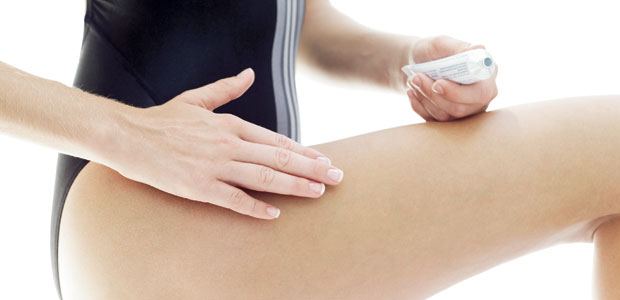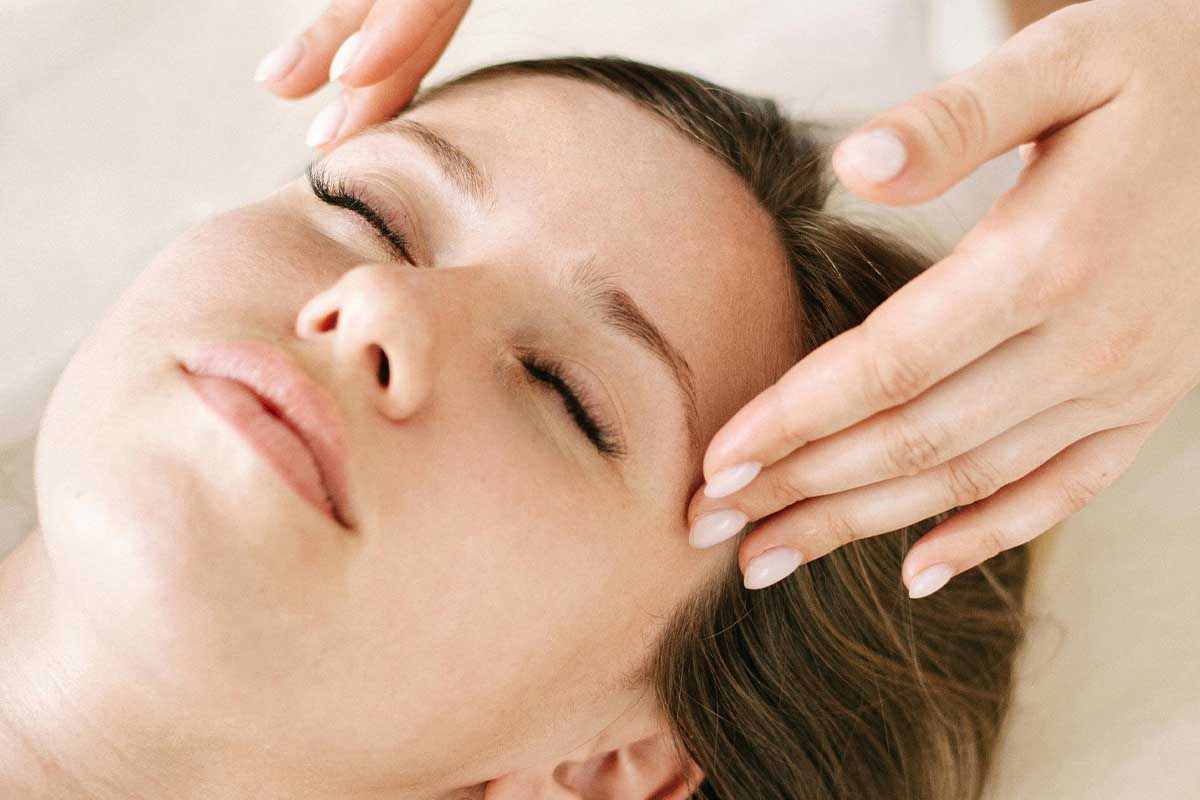Advertisement
Beauty-Inside and Out
Feeling good and looking good

Beauty doesn’t have to come at the cost of a surgeon’s scalpel. There are healthy strategies that keep you feeling good, and the natural outcome of feeling good is looking good–no matter what your age.
Speaking to the American Academy of Dermatology (AAD) in 2002, Dr. Karen E. Burke stated that antioxidants, such as selenium and vitamins A and C, were the most effective elements in fighting sun damage to the skin. Some of the best sources of selenium, a mineral that helps preserve skin elasticity and protects the body against skin cancer, are seafood, garlic, and eggs.
The AAD (2002) maintains that vitamin C not only repairs sun damage, but also slows the effects of aging on the skin. Food sources high in vitamin C are citrus fruits and vegetables such as broccoli.
Dr. Burke also reported that supplementation with natural vitamin E reduces wrinkles and improves skin texture. Important sources of Vitamin E include vegetable oils, grains, nuts, dairy products, and meats.
Dealing with Dreaded Cellulite
There is no easy way to get rid of cellulite. Dermatologist Dr. Mitchel Goldman stresses that cellulite is simply one way many women naturally store fat. He reports that cremes and mechanical massage, so far, have not been found to be successful in eliminating the lumpy tissue. What does seem to be effective is diet and exercise.
Says Dr. Goldman, “If someone loses a lot of weight and exercises regularly to tone up, this person would likely find an improvement in cellulite.”
Comparing Apples and Pears
According to Dr. Marie Savard, a woman’s body shape can determine her approach to health maintenance. In her article, “Five Tips for Harnessing the Power of Body Shape” (witi.com), Dr. Savard describes two different body shapes: the apple and the pear.
Apple-shaped individuals tend to have a greater risk of heart disease, diabetes, and breast and endometrial cancers. For apples, Dr. Savard recommends a diet containing moderate amounts of healthy fats (olive or canola oil) and fibre-rich complex carbohydrate(whole grain bread, brown rice and pasta, fruit and vegetables).
Pear-shaped women store body fat mainly on their hips and thighs, whereas apple-shaped women tend to gain weight higher on their torsos. Pear-shaped individuals run a greater risk of osteoporosis, varicose veins, and emotional problems. Dr. Savard recommends that pear-shaped women follow a low-fat diet that is rich in calcium and low in salt.
Eating well, exercising, and taking the right supplements help promote a healthy body–and a healthy look. Why not be beautiful inside and out?
Herbs: The Power in Your Beauty Products
- Aloe: anti-inflammatory, cleanser, natural healer, and moisturizer
- Camomile: anti-inflammatory, astringent, calmative, cleanser, healing properties, and moisturizer
- Eucalyptus: astringent, cleanser
- Ginseng: astringent, calmative, cleanser
- Goldenseal: astringent, healing properties
- Horsetail: astringent, calmative, cleanser, healing properties
- Lavender: anti-inflammatory, astringent, calmative, cleanser, natural healer, and moisturizer
- Nettle: astringent
- Sage: calmative, cleanser, natural healer, moisturizer, softener
- Witch hazel: anti-inflammatory, astringent, cleanser, healing properties, softener




